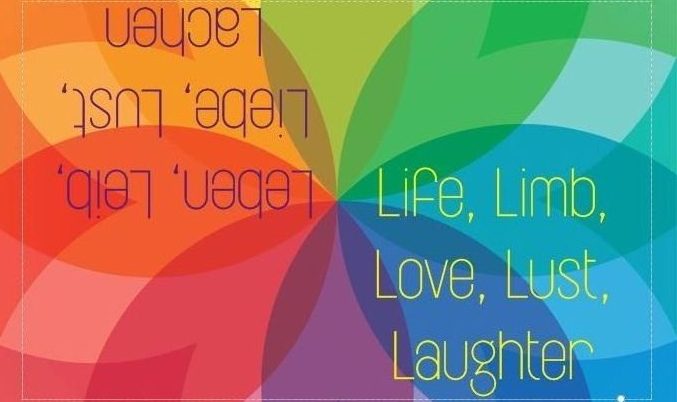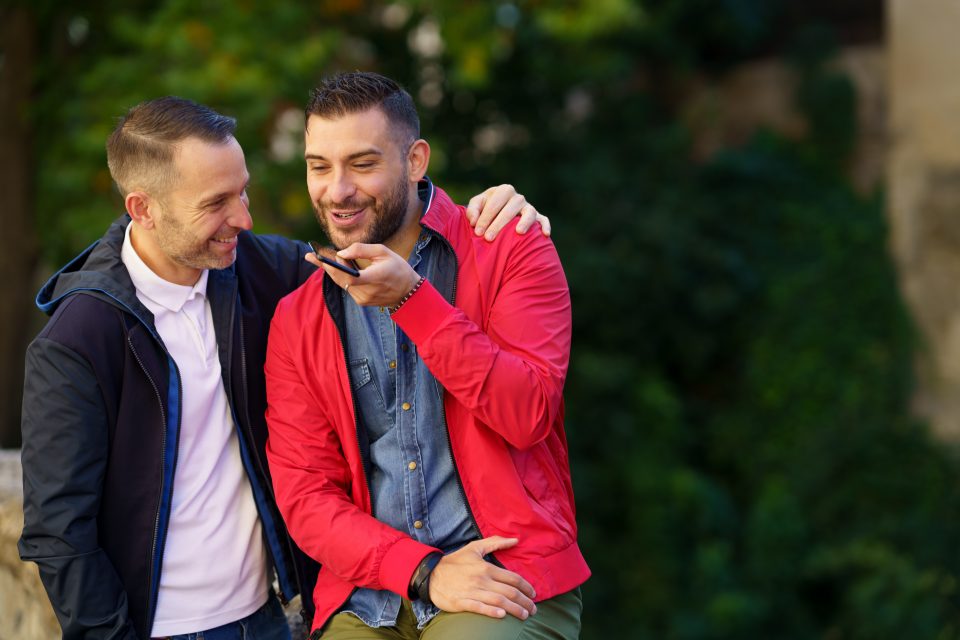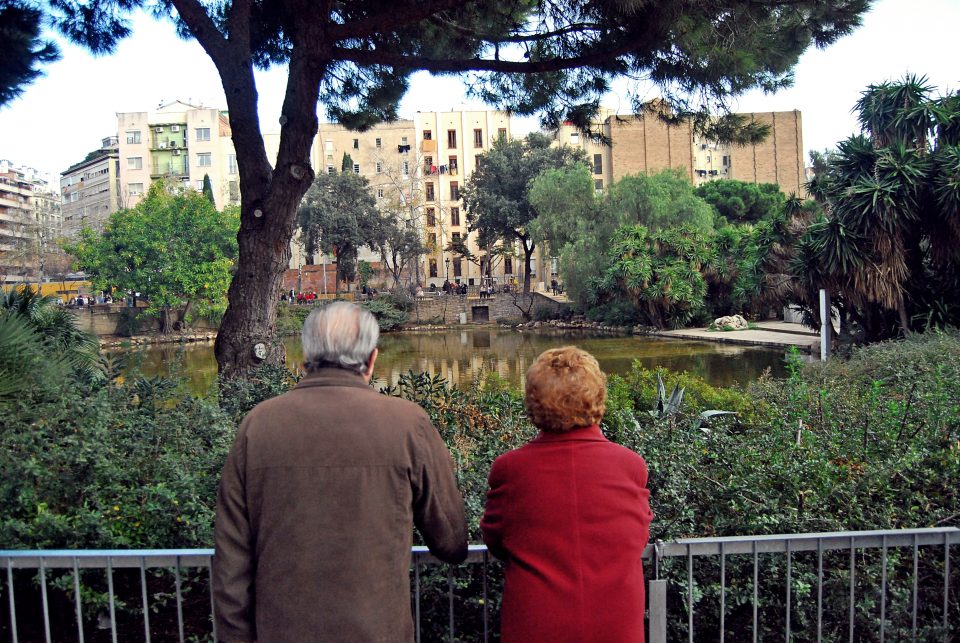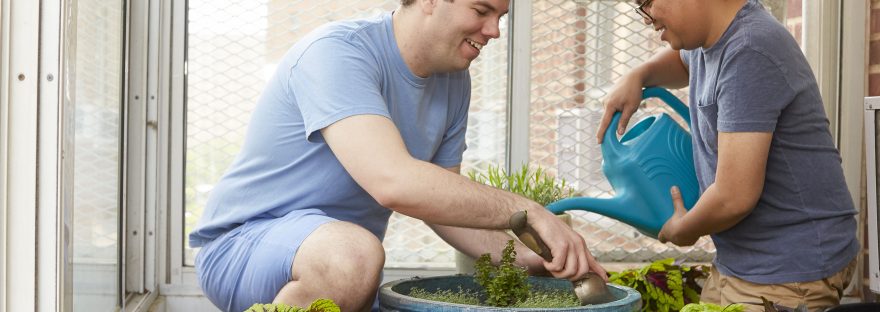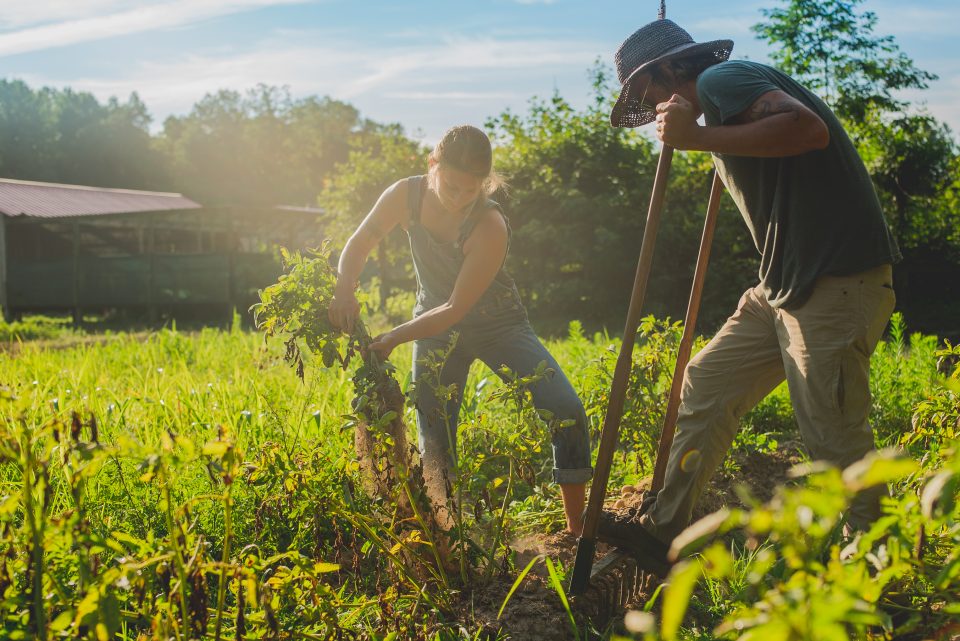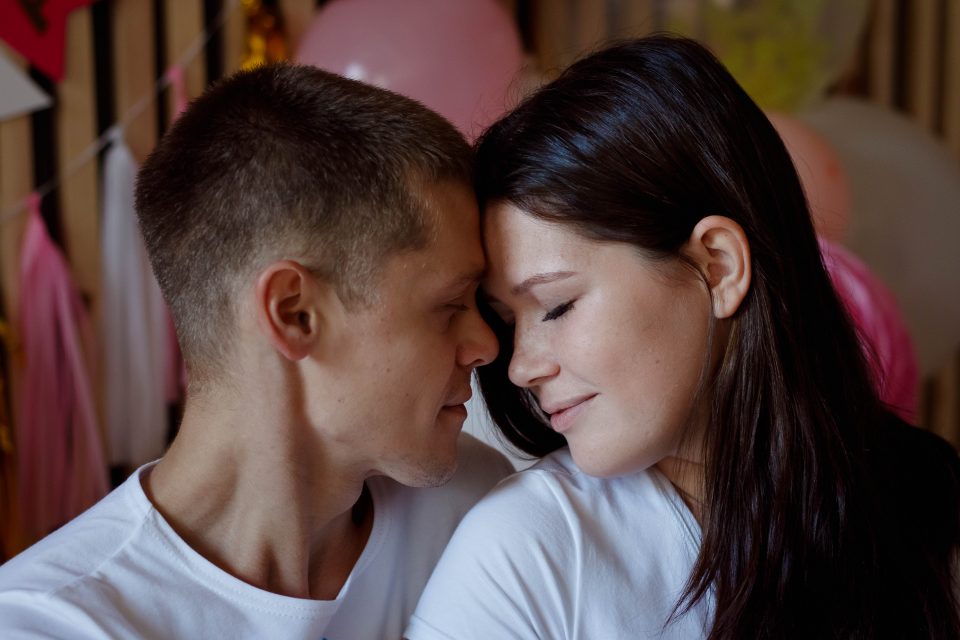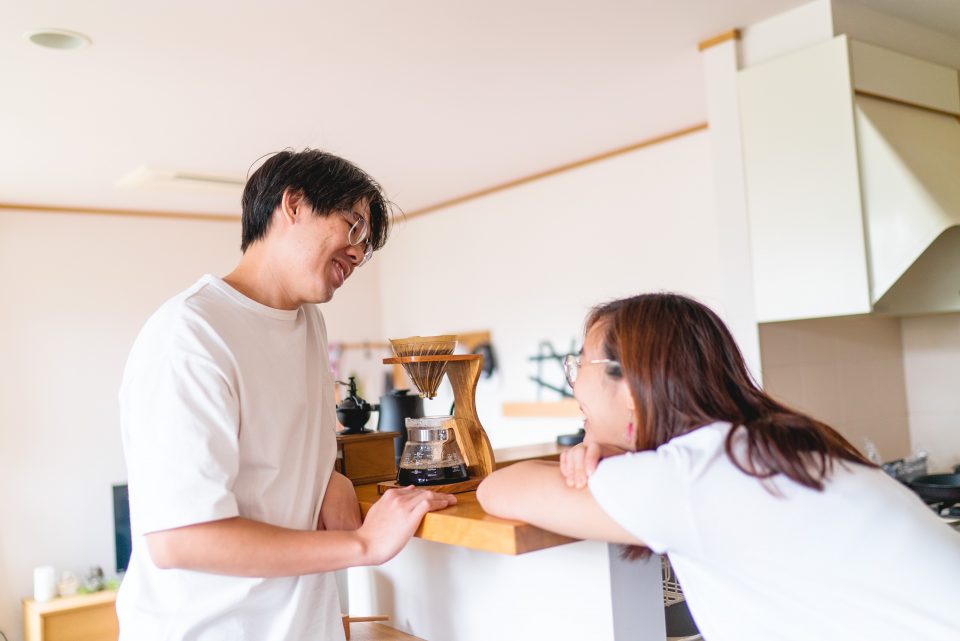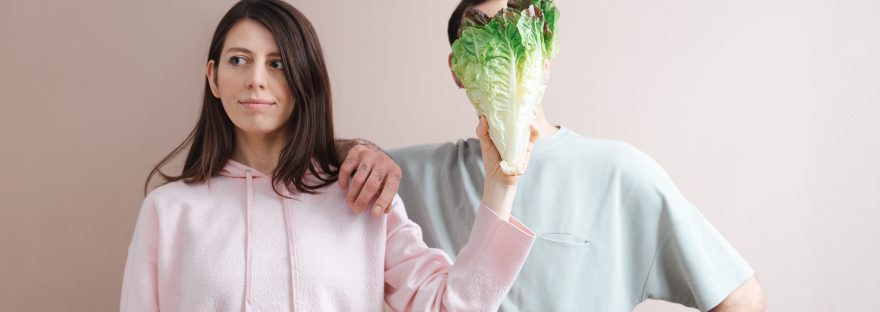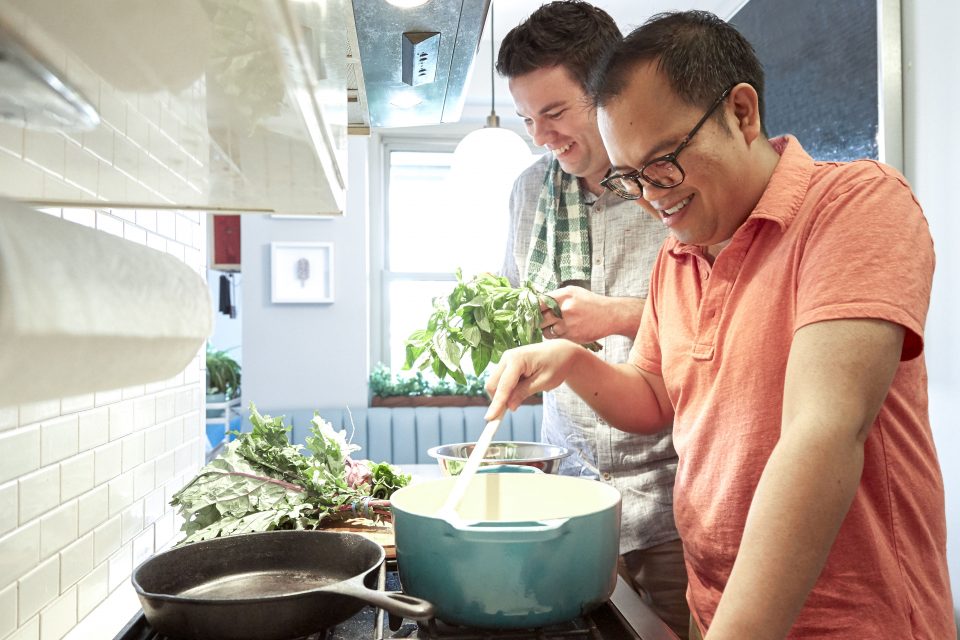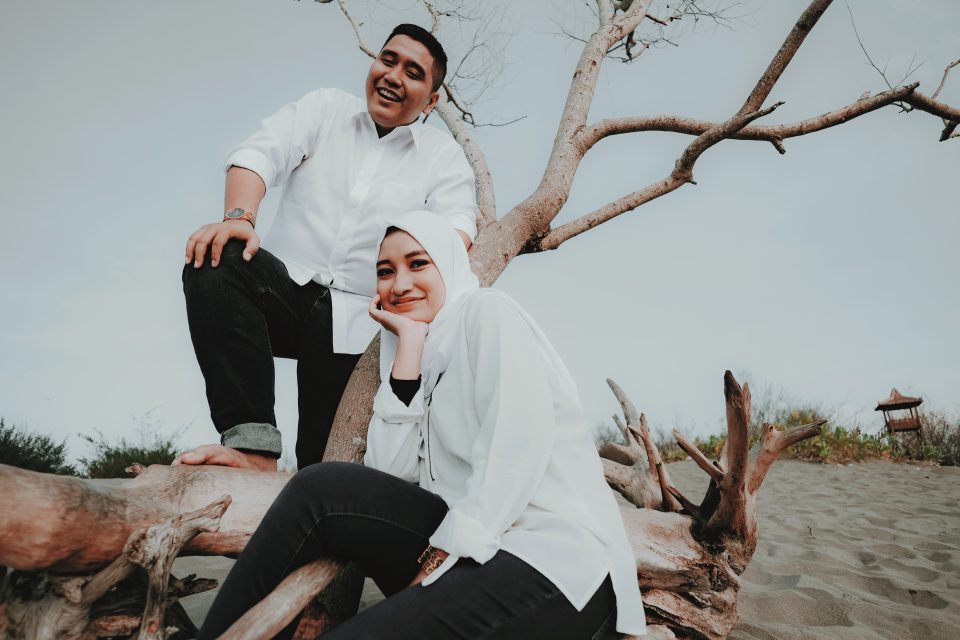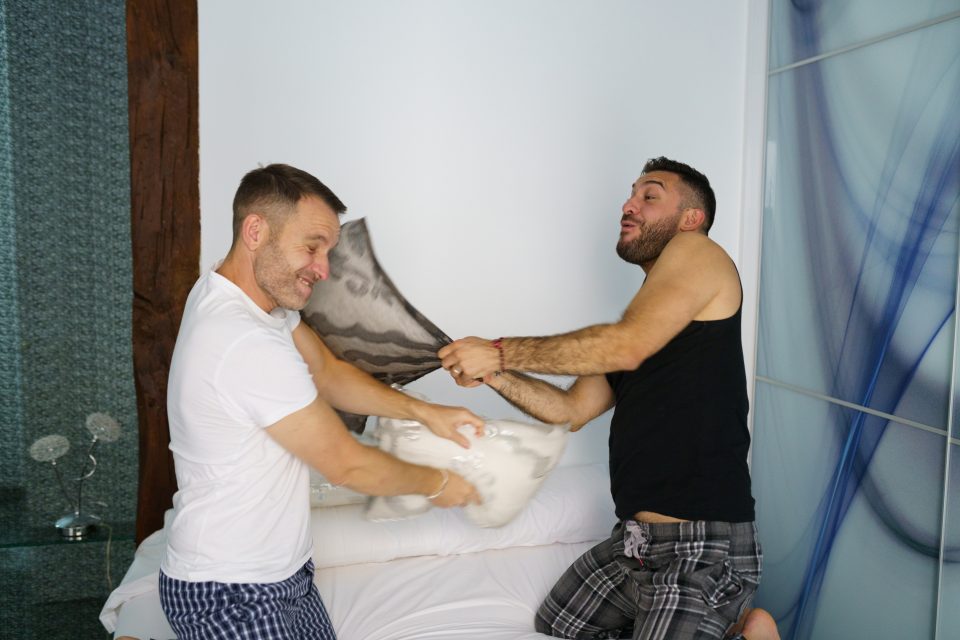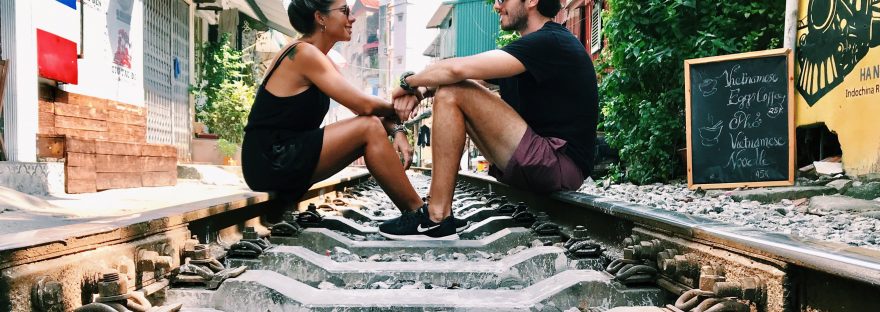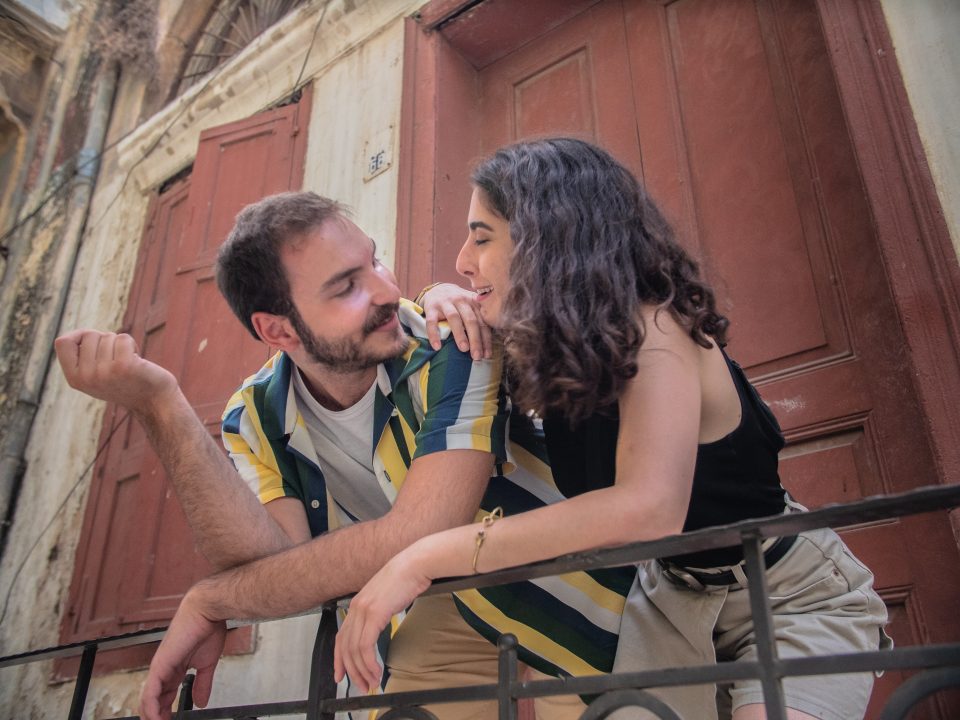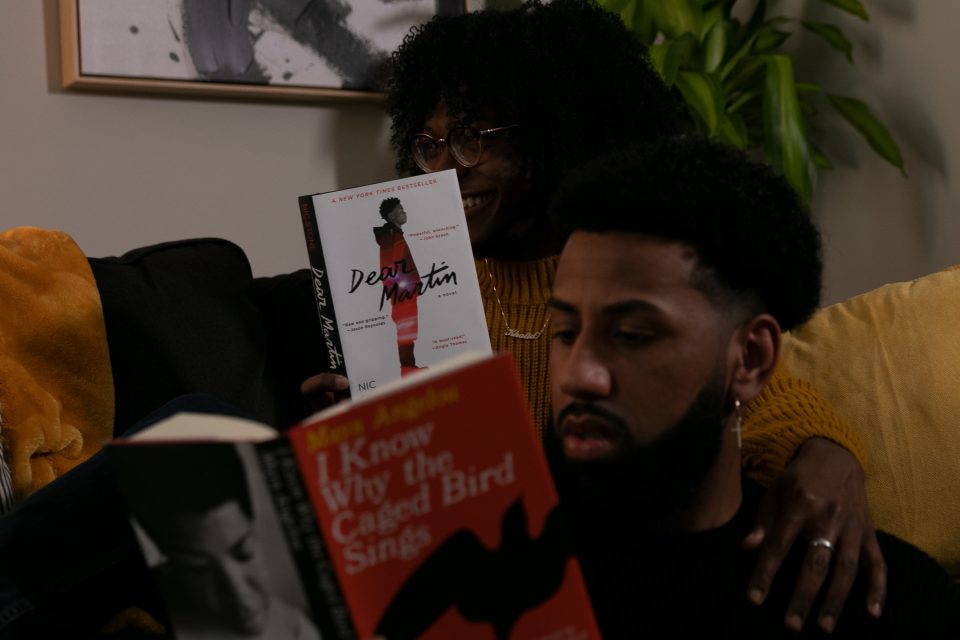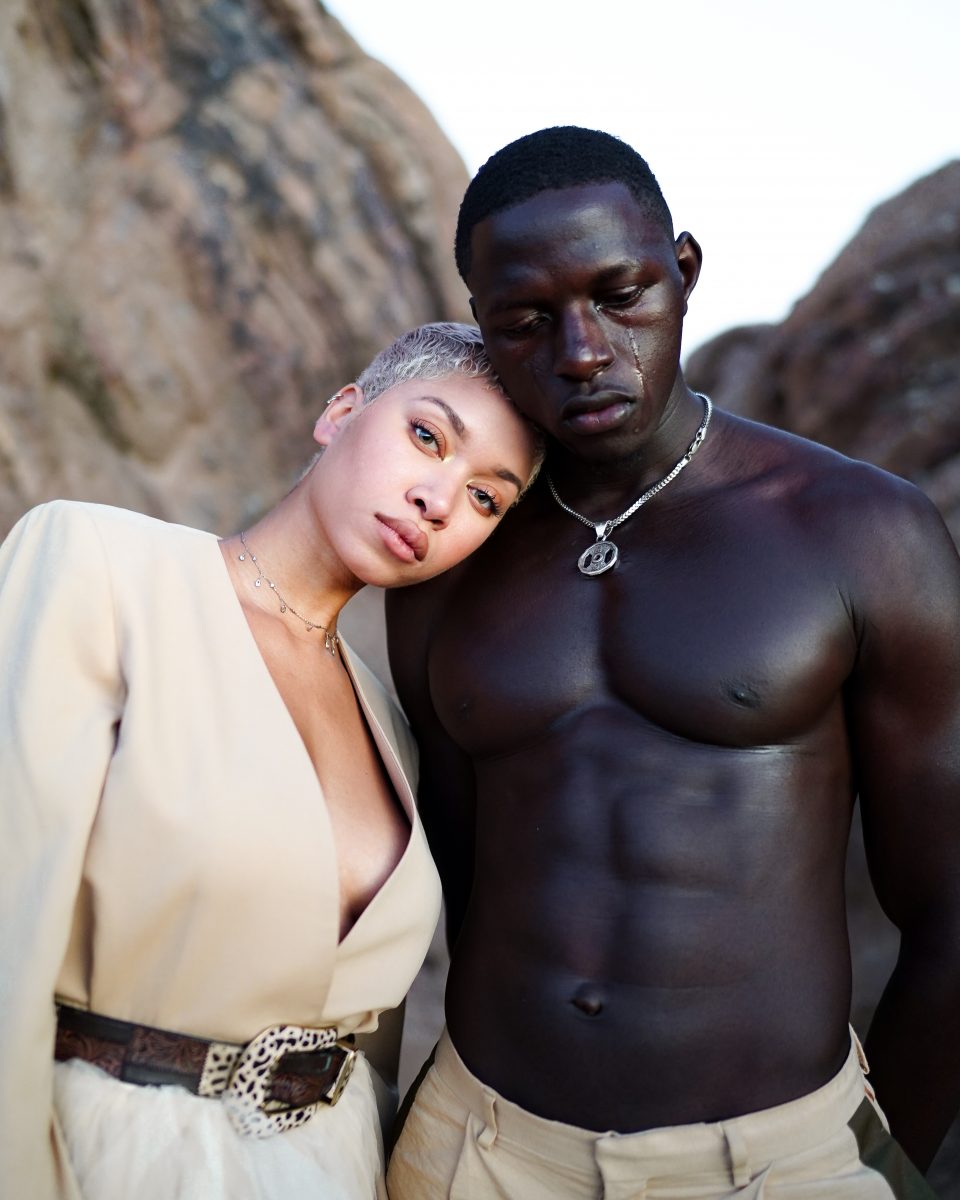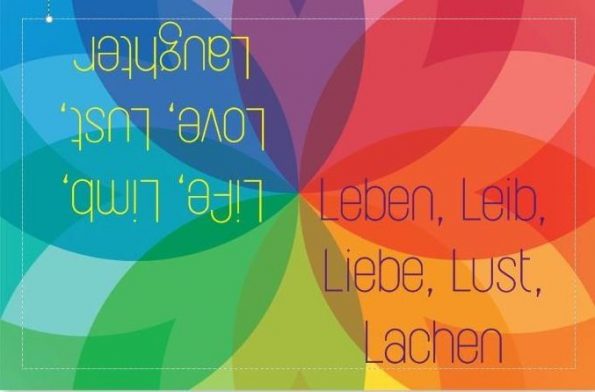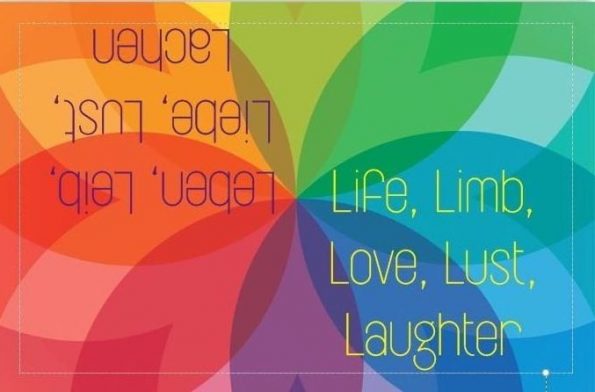Maintaining the Vibe
Allowing
Sean again! And, here we are continuing our exploration of ourselves, our motivations and our methods to achieve relationship, acceptance, and lust in our HHIA relationships.
In other words, we are pondering who we are and who we want to be with each other on our path towards luv, desire and gratitude.
True love brings up everything – you’re allowing a mirror to be held up to you daily.
Jennifer Aniston

Giving Permission
When we look at and explore our wants, wishes and needs, we have the opportunity to better understand ourselves. This includes who we are, what we want and what we need in relationship with others.
On the one hand we are each individuals with unique interests, longings and aspirations. On the other hand we are all members of the same family and share similar fundamentals. To be healthy, we all need and crave:
- Food
- Water
- Air
- Sleep
- Shelter
- Exercise
- Physical Comfort
- Intellectual Stimulation
- Social Connection
- Intimate Experiences
- … All of these in an infinite variation.
Admittance
Starting with admitting and acknowledging our needs and desires, we learn to accept and express our interests and atractions. Through our expression and attempts to discover and achieve our intimate desires and fantasies, we experience a variety of responses. This interaction with both us and others intellectually, physically, emotionally and intimately, we learn to care, consider, share. At the same time, we also experience the boundaries of fantasy, reality, body and mind.
Frank and earnest examination and consideration of these aspects of our lives can inform our expressions and efforts to achieve our desires. Simply put, we begin to recognize and consider the attraction and interests of ours and of others in the world.

Everything is a negotiation. Everything is a little bit of give and take.
Lamman Rucker
Give and Take
If, for example, I know myself and allow myself to experience and express my love of, desire for and attraction to anything or any one, I can learn to enjoy and share my thoughts and feelings with myself and cautiously with others.
Sharing
Through respect, reflection and kindness, we can begin to share and learn from one another. Simultaneously, we begin to find commonality and uniqueness in bot ourselves and the others. These things can become the basis for rapport and relationships.
Acceptance
Most importantly, in relationship we are also able to:
- Better understand
- Modify
- Intensify
- Reduce
- Expand
- Focus
- Communicate
- … Our hopes, needs and dreams.
Ultimately this exchange of mundane, intimate and confidential desires can increase our intimacy and bonding. This increases as long as we do it with consent and permission of all involved.
The first step toward change is awareness. The second step is acceptance.
Nathaniel Branden

That’s all for now!
This is Sean. Try allowing yourself (and those who are important to you) to just be this week and see what happens.
(For more concrete suggestions, contact me at kontakt@praxis-wiebersch.de .)
Our earlier Blog-Lessons:
1–2–3–4–5–6–7–8–9–10–11–12–13–14–15–16–17–18–19–20–21–22–23–24–25–26–27–28–29–30–31–32–33–34–35–36–37–38–39–40–41–42–43–44–45–46–47–48–49–50– 51– 52–53 –54– 55–56 –57–58–59–60 – 61–62–63–64
German Blog-lessons:
